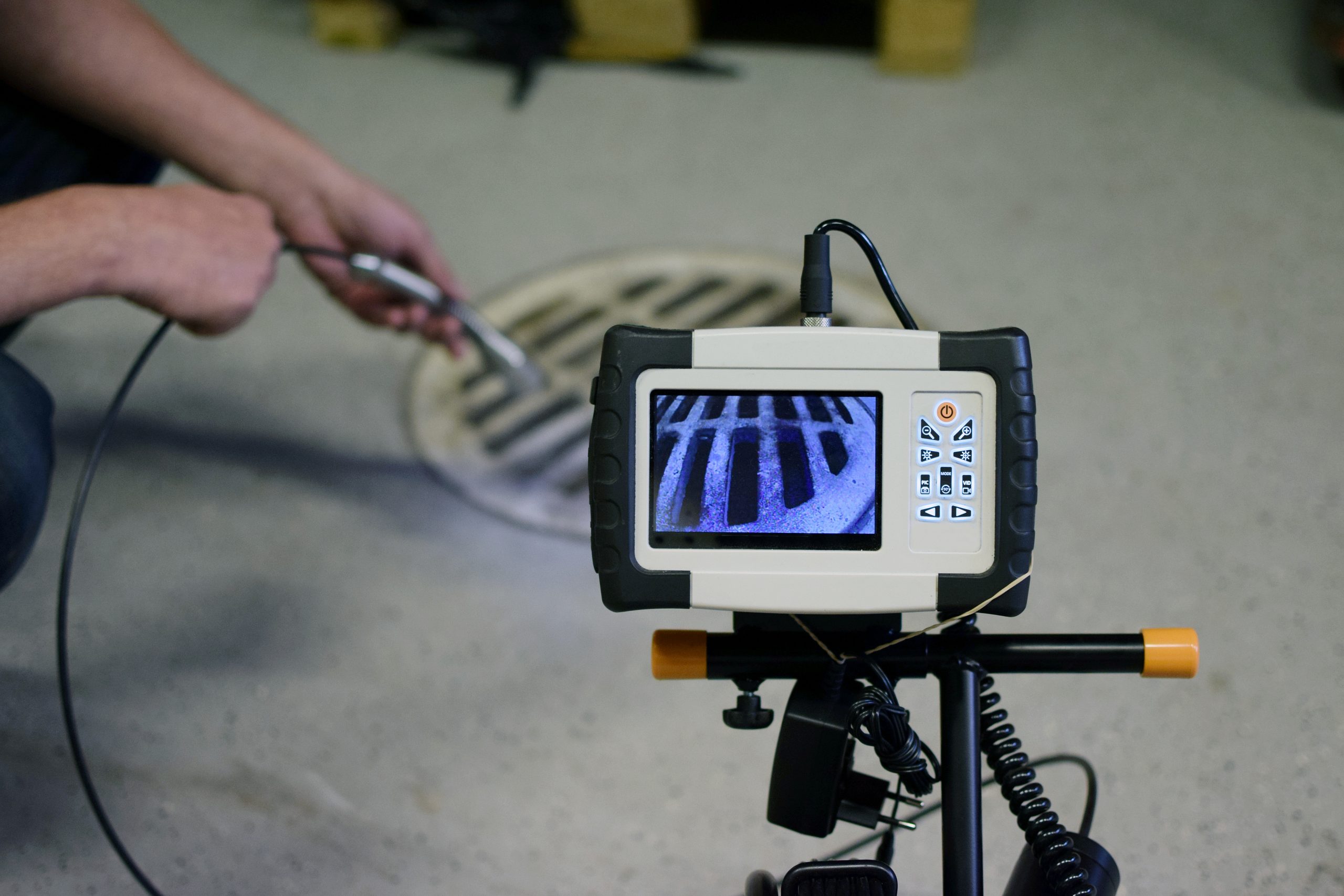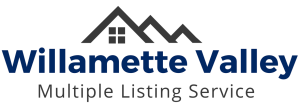When purchasing a home in Portland, Oregon, one crucial step that should never be overlooked is a sewer scope inspection. This simple yet vital procedure can save homebuyers thousands of dollars and countless headaches down the road. Let’s delve into why sewer scope inspections are so important and why they should be a non-negotiable part of your home buying process in Portland.
What is a Sewer Scope Inspection?
A sewer scope inspection is a diagnostic procedure that involves inserting a small camera attached to a flexible rod into the home’s sewer line. This camera travels through the pipe, providing a real-time video feed of the sewer line’s condition. The inspector can then identify any existing or potential issues within the sewer system.
Why are Sewer Scope Inspections Crucial in Portland?
Portland’s unique characteristics make sewer scope inspections particularly important:
1. Aging Infrastructure: Many homes in Portland are older, with some dating back to the early 20th century. These older homes often have aging sewer lines that are more prone to issues.
2. Tree-Rich Environment: Portland is known for its lush, tree-lined streets. While beautiful, tree roots can be a significant threat to sewer lines, often infiltrating and damaging pipes.
3. Soil Conditions: Portland’s soil composition can contribute to pipe deterioration and shifting, potentially leading to misaligned or damaged sewer lines.
4. Regulatory Requirements: The City of Portland has specific regulations regarding sewer lines, including the requirement for individual properties to have their own sewer connections.
Benefits of a Sewer Scope Inspection
1. Identifying Hidden Issues: Sewer problems often lurk beneath the surface, invisible to the naked eye. A sewer scope can reveal issues such as cracks, blockages, tree root intrusions, or pipe collapses that might otherwise go unnoticed.
2. Cost Savings: Repairing or replacing a sewer line can be extremely expensive, potentially costing up to $20,000 or more. By identifying issues before purchasing a home, buyers can negotiate repairs with the seller or adjust their offer accordingly.
3. Negotiation Power: If the inspection reveals problems, buyers have the opportunity to negotiate with the seller for repairs or a reduction in the home’s price.
4. Avoiding Future Headaches: Addressing sewer issues before they become emergencies can save homeowners from dealing with messy, disruptive, and costly repairs down the line.
5. Understanding the Sewer System: A sewer scope provides valuable information about the type of material used in the sewer pipes and their overall condition, which can be useful for future maintenance planning.
When to Get a Sewer Scope Inspection
While it’s recommended for any home purchase in Portland, sewer scope inspections are particularly crucial in the following situations:
1. Older Homes: Any home over 20 years old should definitely have a sewer scope inspection.
2. Homes with Large Trees: If the property has mature trees, especially near the sewer line path, an inspection is vital to check for root intrusion.
3. Recent Landscaping: If significant landscaping work has been done recently, it’s important to ensure the sewer line wasn’t damaged in the process.
4. Known Plumbing Issues: If the home has a history of plumbing problems, a sewer scope can help identify the root cause.
5. New Construction: Even new homes can benefit from a sewer scope to ensure proper installation and connection to the main sewer line.
The Sewer Scope Process
Typically, a sewer scope inspection involves the following steps:
1. Locating the Clean-Out: The inspector will find the sewer clean-out, usually located near the property line.
2. Inserting the Camera: A specialized camera is inserted into the clean-out and guided through the sewer line.
3. Video Recording: As the camera moves through the pipe, it records video footage of the entire line.
4. Analysis: The inspector analyzes the footage in real-time, noting any issues or potential problems.
5. Report and Recommendations: After the inspection, you’ll receive a detailed report, often including the video footage, outlining the condition of the sewer line and any recommended actions.
Cost Considerations
In Portland, a sewer scope inspection typically costs between $100 and $200 when done in conjunction with a home inspection. Standalone sewer scopes may cost slightly more, around $225. While this may seem like an additional expense in an already costly home-buying process, it’s a small price to pay compared to the potential costs of major sewer repairs or replacements.
Choosing an Inspector
When selecting a sewer scope inspector in Portland, consider the following:
1. Licensing and Certification: Ensure the inspector is properly licensed and certified to perform sewer scopes in Oregon.
2. Experience: Look for inspectors with extensive experience in Portland’s unique sewer systems.
3. Unbiased Service: Choose an inspector who doesn’t also offer repair services to avoid potential conflicts of interest.
4. Comprehensive Reporting: Ensure the inspector provides a detailed report and video footage of the inspection.
Conclusion
A sewer scope inspection is an invaluable tool when purchasing a home in Portland, Oregon. It provides crucial information about the condition of the sewer line, potentially saving buyers from expensive surprises down the road. Given the age of many Portland homes, the city’s lush vegetation, and the high cost of sewer repairs, the small investment in a sewer scope inspection can pay dividends in peace of mind and financial protection.
Remember, while a sewer scope inspection might not be as exciting as picking out new paint colors or planning your furniture layout, it’s an essential step in ensuring your dream home doesn’t come with a nightmare sewer situation. By making a sewer scope inspection a non-negotiable part of your home buying process in Portland, you’re taking a proactive step towards protecting your investment and avoiding potential costly surprises in the future.


 Facebook
Facebook
 X
X
 Pinterest
Pinterest
 Copy Link
Copy Link






